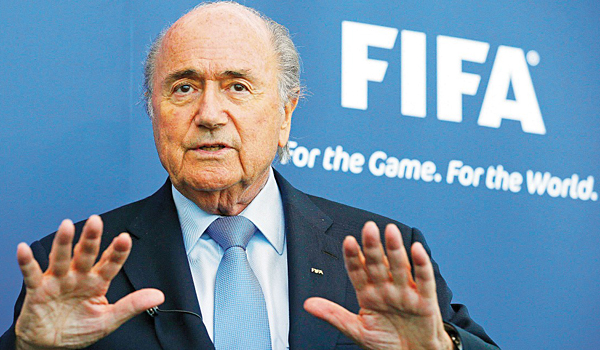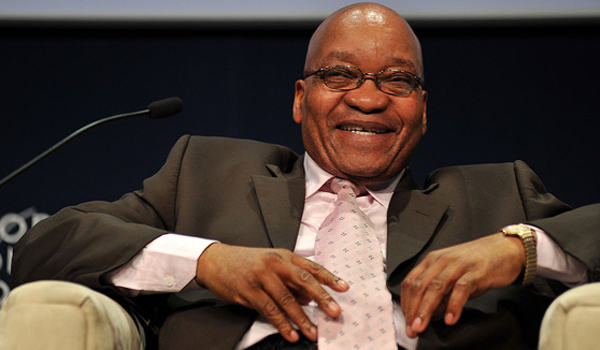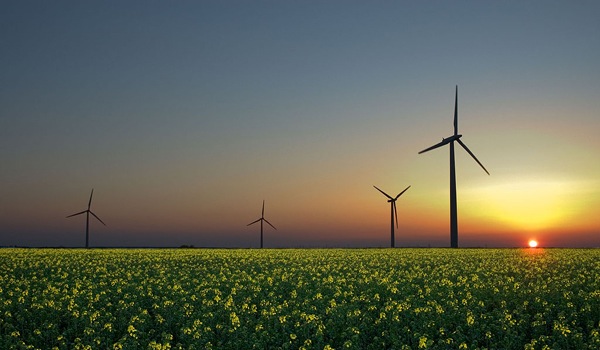
Wholesale changes, empty seats & wonder goals
There were some big squad numbers on display at Anfield for Liverpool A total of 132 team changes were made by the 19 Premier League sides in FA Cup third-round action this weekend. Sheffield United, eighth in the top flight, fielded an entirely different s…









